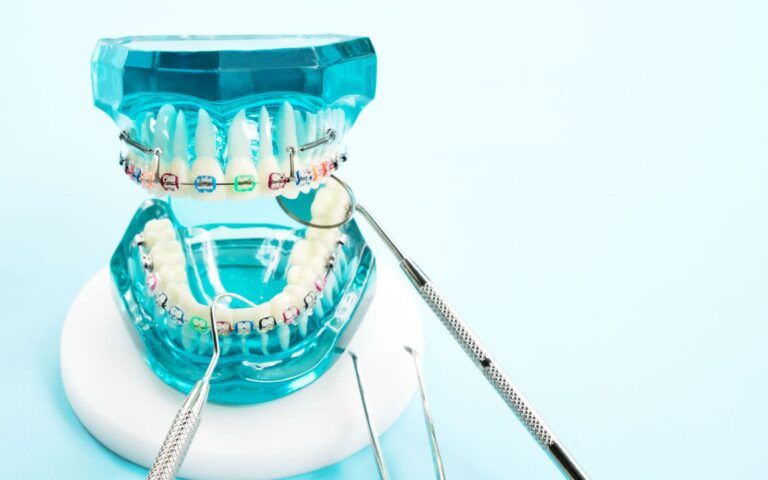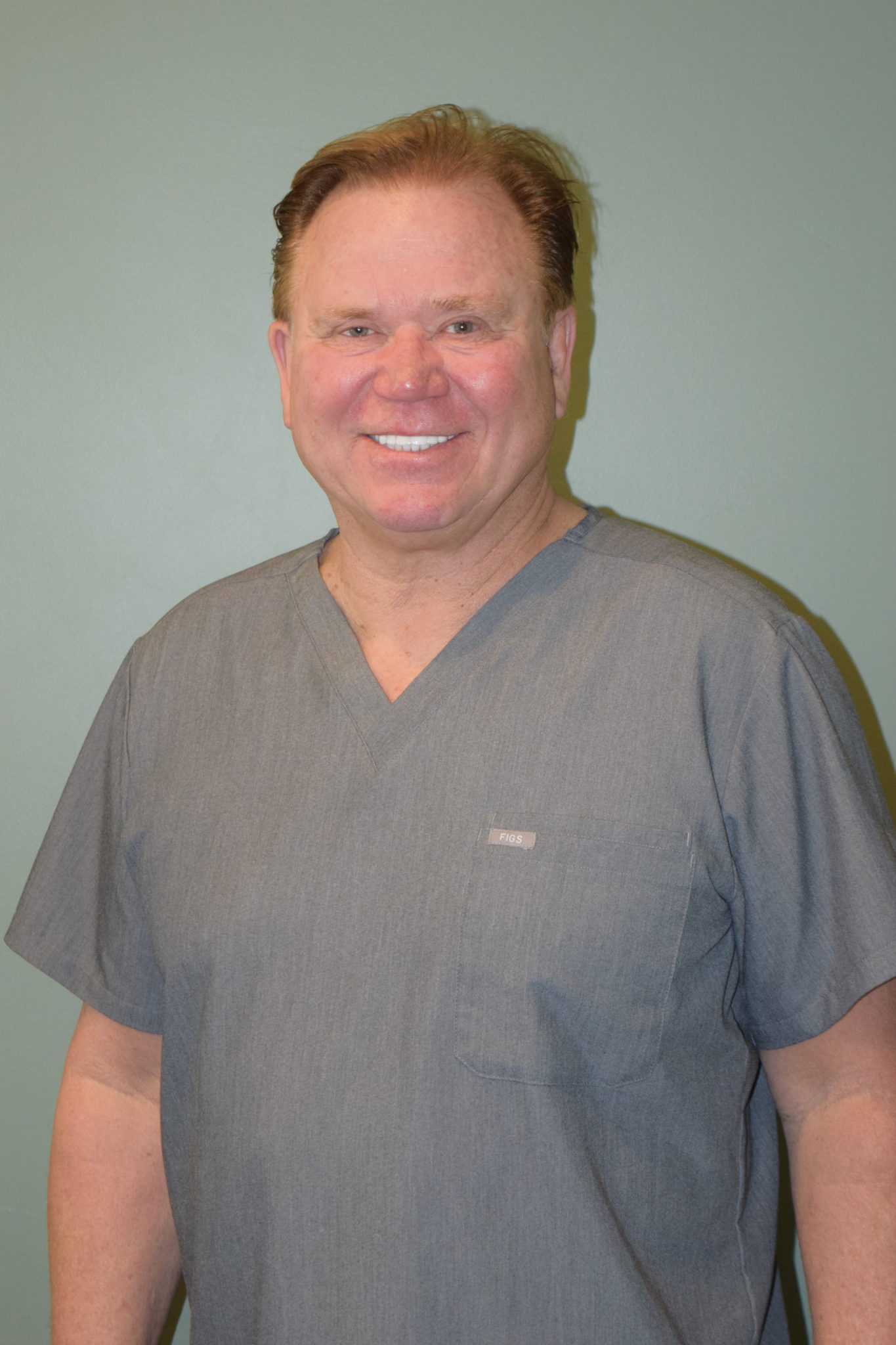Finding Pain Relief After Getting Your First Set of Braces

If you’ve just received your dental appliance recently, you may be experiencing some discomfort. Once your dentist has installed your appliance, you might experience a sore and tender sensation in the gums. While typically common in patients who’ve just received new braces, these signs of discomfort should pass within a few weeks. To address the dental pain you’re experiencing, your dentist and their team may have some suggestions for you. Although it depends on the type of pain you’re experiencing, all the methods listed below can apply to anyone still getting used to their new braces.
Pain Relief After Getting Your First Set of Braces
Pains throughout the jaw and gums commonly occur after the braces are introduced. Several factors, such as oral health, the appliance itself, your pain tolerances, and the care you need, impact how you’ll experience your first set of braces. Dentists working with patients have a variety of methods and tips for patients at their disposal for addressing this pain. Some of these options include:
- Anti-Inflammatory Drugs: Anti-inflammatory drugs are prescribed medication that addresses inflammation. Also known as Non-Steroidal Anti-Inflammatory Drugs or NSAIDs, these medications are one of the safest options for addressing pain caused by inflammation from braces. When the gums become irritated by the device, inflammation is one of the most common side effects. Options such as Naproxin Sodium and Ibuprofen are among the most commonly known NSAIDs that patients can use to address this type of pain.
- Analgesic Pain Relief: If your pain tolerance is low, then analgesics can help by numbing the body’s capability to feel pain. These types of medications are usually alongside NSAIDs to address the discomforts of braces.
- Nutritional Guidances: Food can sometimes be the best medicine, and dietary changes can impact how much pain we experience after getting braces. Patients may sometimes experience better pain relief by changing their diets.
Overall, your dental provider can provide suggestions for relieving general brace pain. However, any severe complications you may experience will require specialized attention from an emergency dentist or orthodontist. Signs of gum irritation, abscesses, cheek tissue irritation and need to be addressed with specialized care to avoid further damage to the mouth. Worst of all, enamel chipping can damage your teeth permanently if the brace wires are too tight on the mouth. In these cases, adjustments, orthodontic wax, and numbing gel can ease the pain and help you feel better.
Finding Relief From Orthodontic Brace-Related Pain
Even mild dental pain can be bothersome and may make day-to-day activities difficult to enjoy. It’s common for patients to have issues with eating, sleeping, and being able to speak correctly because of their new braces. If you’re experiencing pain from your braces that are unusual or unbearable in any way, make sure to reach out to your dental provider to set up an appointment. Your dentist can address your orthodontic pain and help prevent complications. So reach out to your dental provider and schedule an appointment with your dentist to learn more about your braces.

Recent Comments